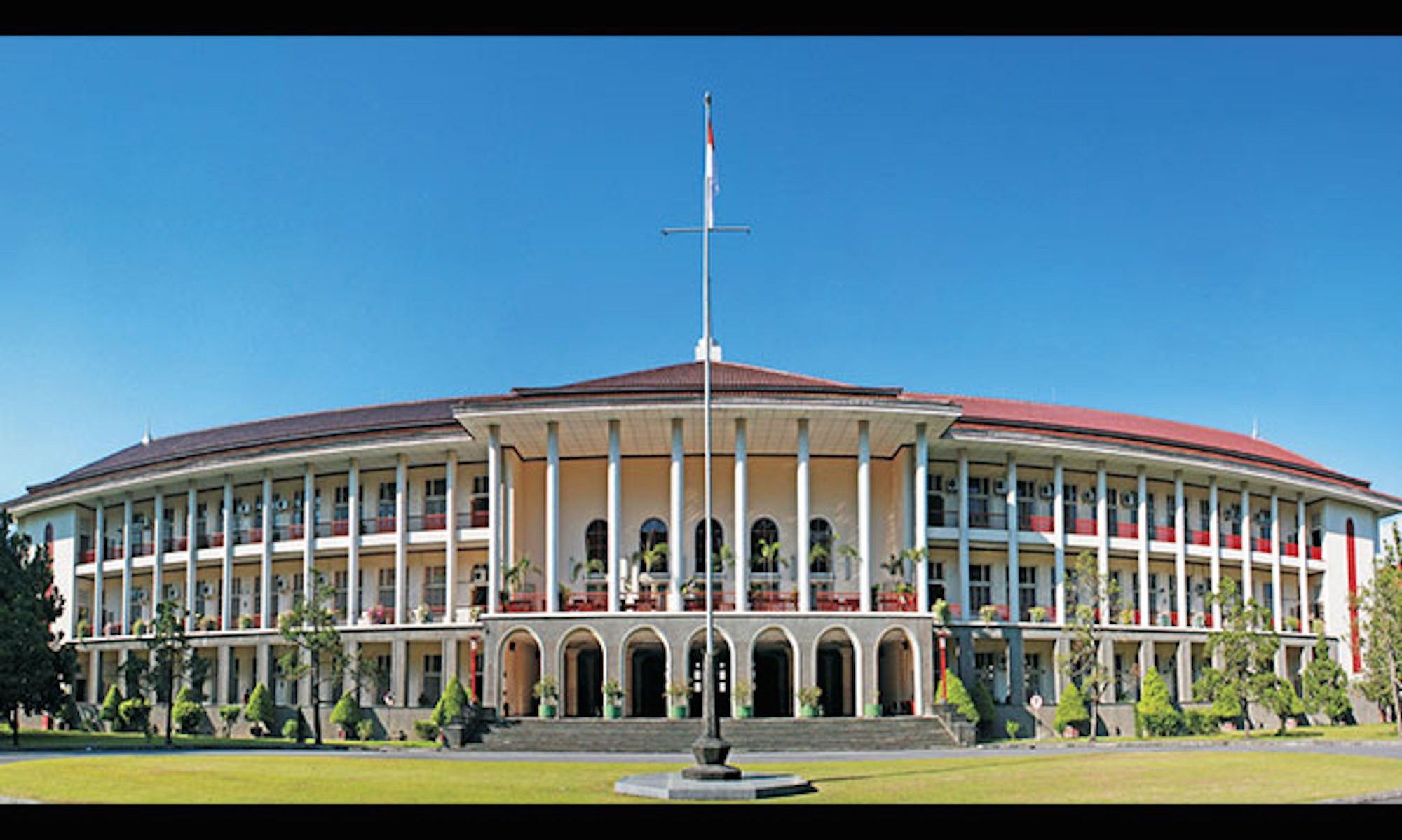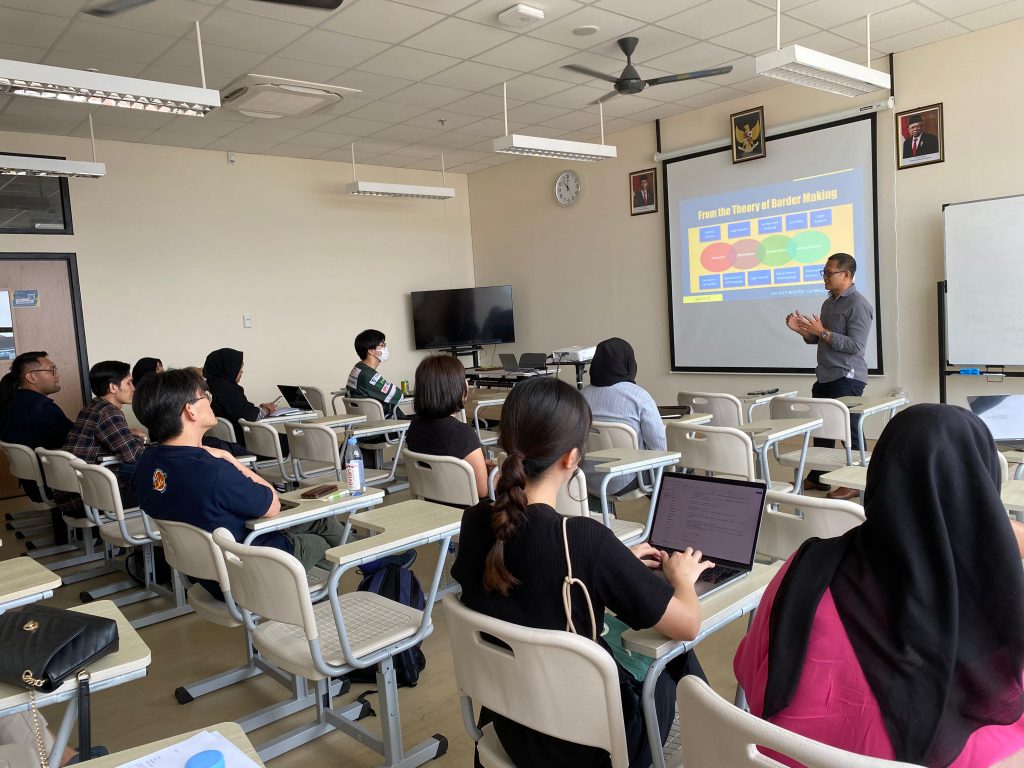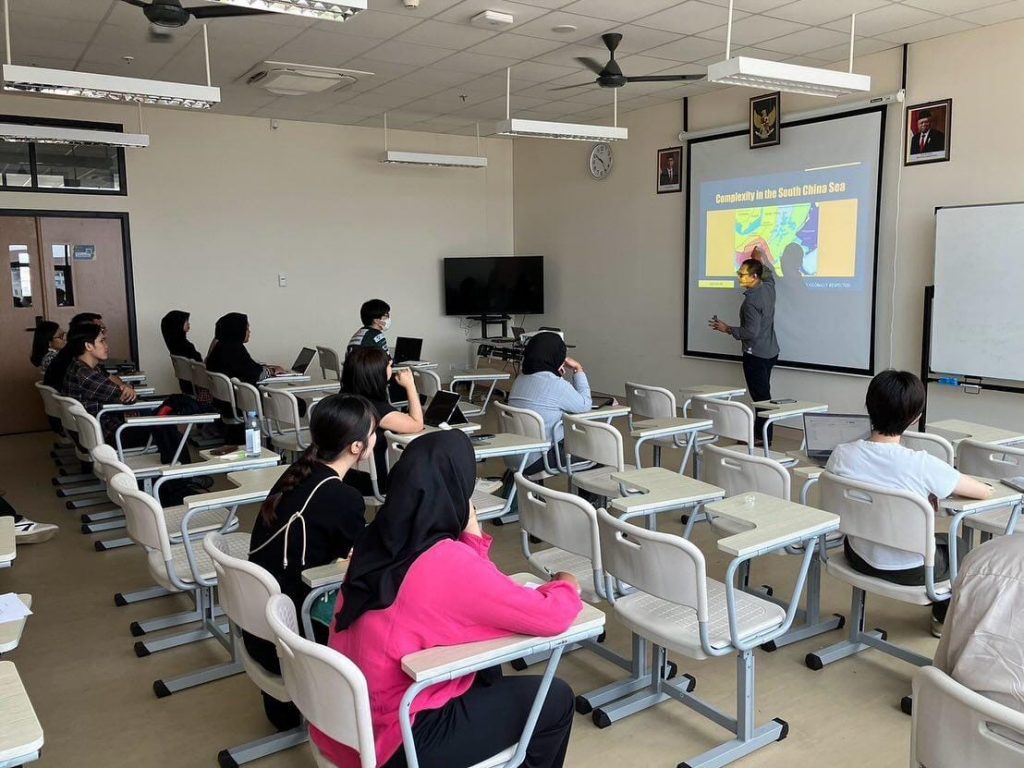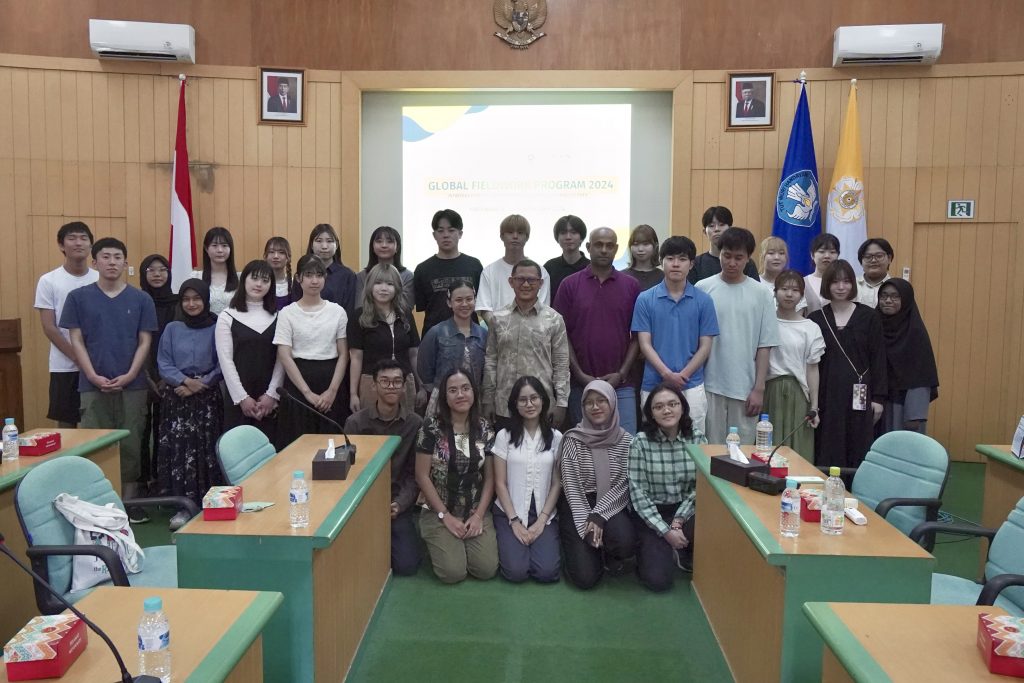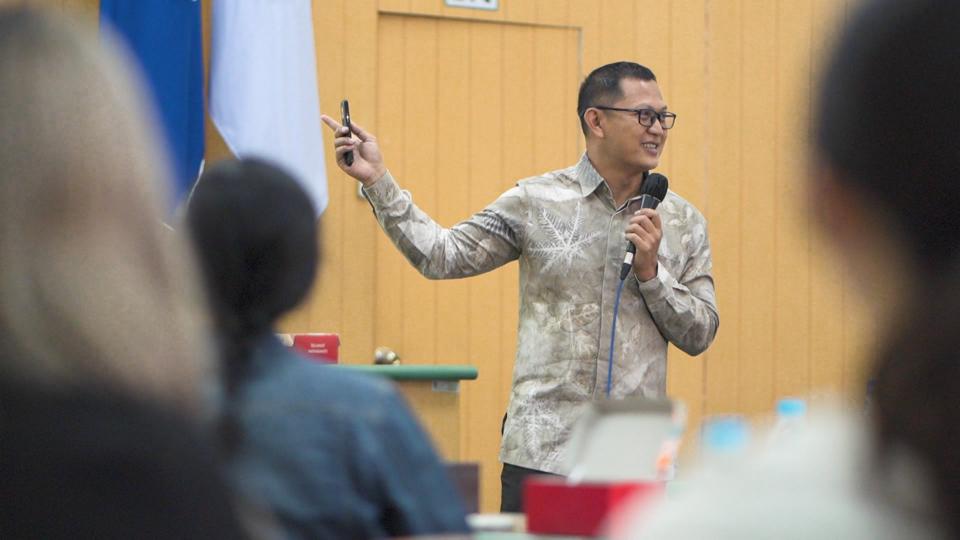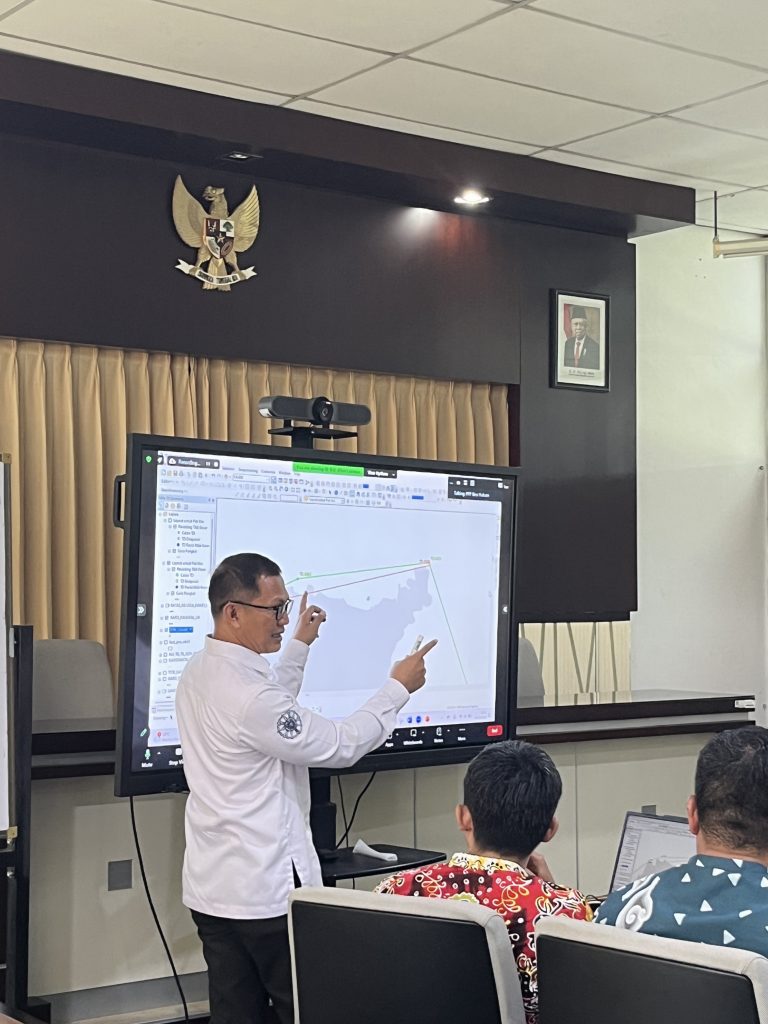The National University of Singapore (NUS), in collaboration with the Australian National Centre for Ocean Resources and Security (ANCORS) regularly conduct training on maritime boundaries. This year, the training was held on 27-29 February 2024 and I was honored to be of the trainers.

The Workshop had a record number of 56 participants from diverse professional backgrounds, including diplomats, hydrographers, lawyers and academics. The 2024 Workshop welcomed, for the first time, 9 participants from 5 Pacific Islands Countries: Fiji, Palau, Samoa, Tonga and Vanuatu. ASEAN member states continued their active engagement with this workshop series, with 31 participants in this year’s workshop from Cambodia, Indonesia, Lao PDR, Malaysia, Myanmar, the Philippines, Singapore, Thailand and Viet Nam. In addition the program also welcome participants from the Bahamas, Chile, Egypt, Maldives, Oman joining us this year. The Workshop had participants from 22 countries.
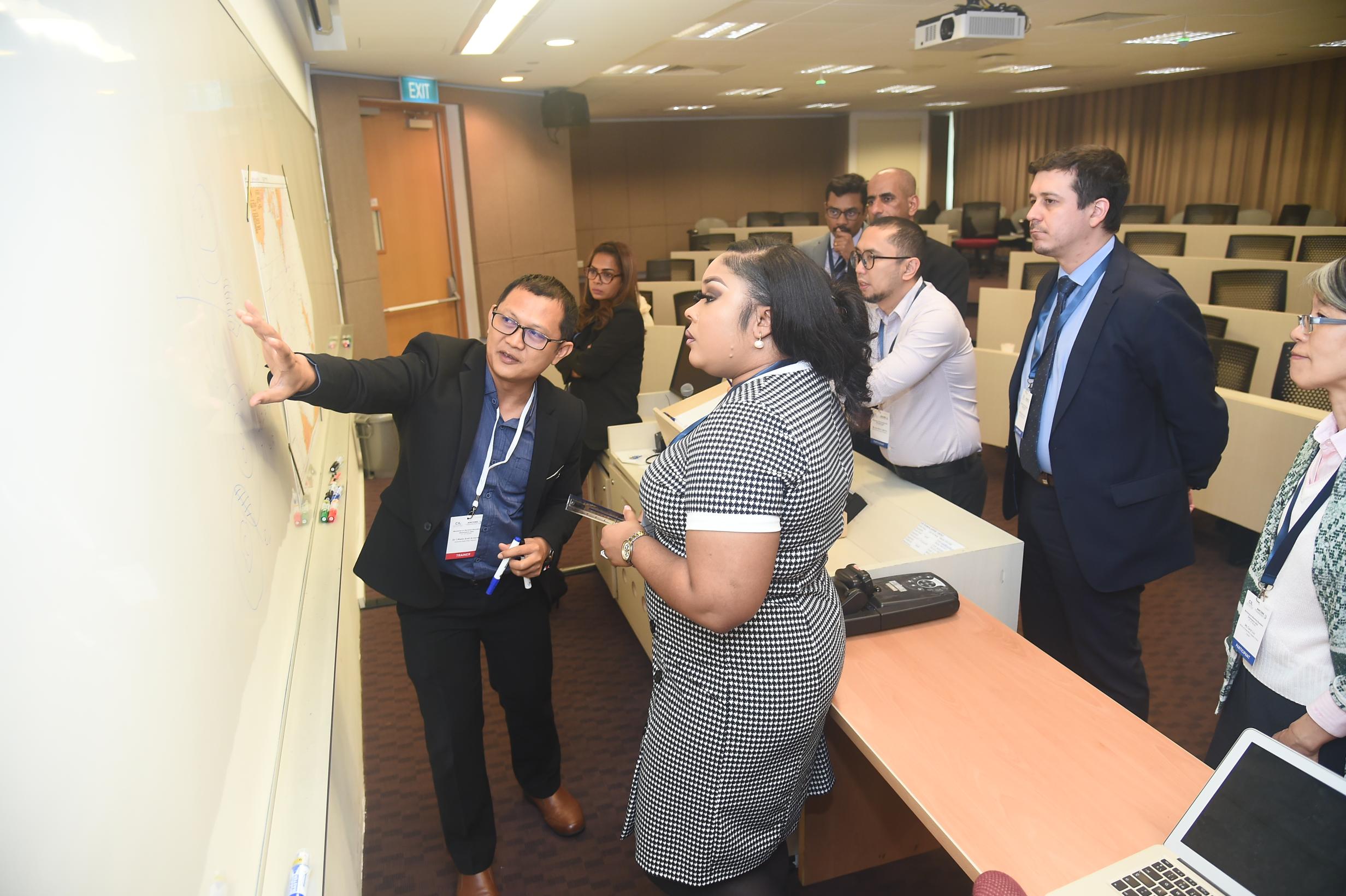
I shared a session with Clive Schofield, my former supervisor, on the technical aspects of maritime boundary delimitation. It was fun. I had to opportunity to share some of my old and new animations to visually explain complex issues of maritime boundary delimitation. I also helped participants during negotiation exercises. I was so glad to participate and for meeting some good friends.
